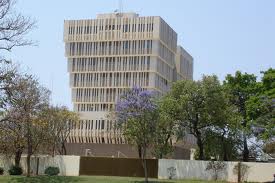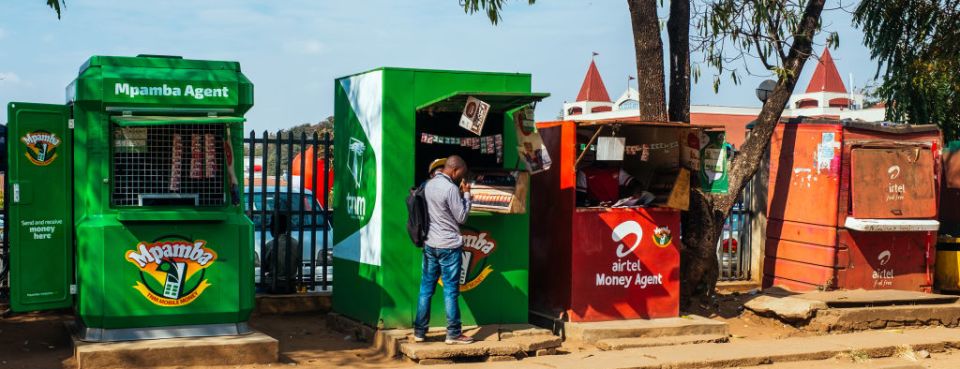Reserve Bank of Malawi (RBM) says Malawians are feeling the pinch of a decision to float the Kwacha against major international currencies because the decision was delayed for so long.
RBM Deputy Governor responsible for economic affairs Naomi Ngwira said this during pre-budget consultations in Mzuzu last week, adding Malawi was only the second country after Zimbabwe in southern Africa not to float its currency.
“Some countries in the region floated their currencies 20 years ago and now the situation has stabilized and people are no longer feeling the effects of the decision. Zambia is a typical example.
“Likewise, at some point Malawians will notice the Kwacha stabilising and things will not be as bad. Once we get to that point we should decide whether the floatation is permanent of just temporary,” said Ngwira.
Malawi announced the floatation of the Kwacha along with a decision to engage an automatic pricing mechanism on fuel, twin decisions that have seen the prices of goods almost rising on a daily basis.
Ngwira also defended the automatic pricing mechanism saying government is now able to spend what it used to pay fuel importers, when the price was fixed in order for them to sell at lower prices, on other sectors.
“By fixing the price of fuel, it meant government was paying fuel importers money to cushion the deficit between the higher prices at which they imported the fuel and the low prices at which they sold it locally
“Now that the price of fuel in the country corresponds with that on the international market, government is no longer spending on fixing the price of fuel. As such this money is spent on other crucial sectors,” said Ngwira.
When asked why RBM was not acting on increased lending rates by commercial banks, Ngwira said the skyrocketing rates were a result on government’s increased demand for treasury bills (TBs) which forced the banks to respond accordingly.




